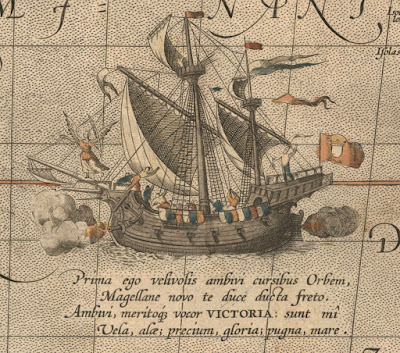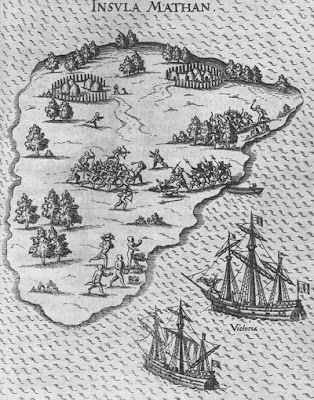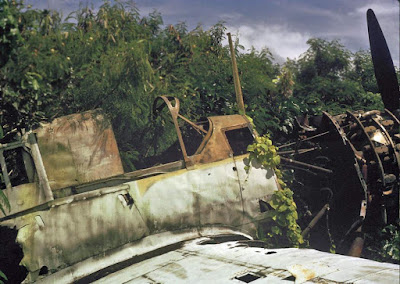Not Another Ladrone Moment

I've spent the last year thinking a lot about Magellan. Well as a Guam historian, I think about Magellan a lot and quite regularly, whether I want to or not. But the particular ways I've been thinking about Magellan lately have centered around the fact that the 500th anniversary of the circumnavigation he led will take place in 2021. There will be several voyages that will be following his route around the world and they will naturally stop in Guam in March 2021. I was invited to a conference on behalf of Guam and the University of Guam last March, which was seen as being a launching event for the Spanish Navy for their anniversary commemoration. I wrote about it on this blog as part of my Circumnavigations series. Since then I've been working with a few other people, most notably Robert Underwood, David Atienza and Carlos Madrid on pushing for the development of a commission that can organize Guam's own events around this commemoration and also work wit




